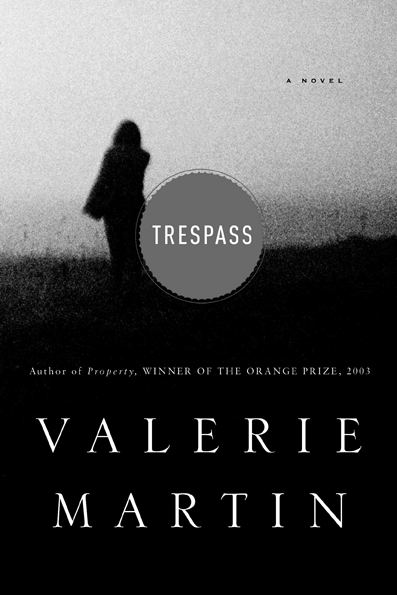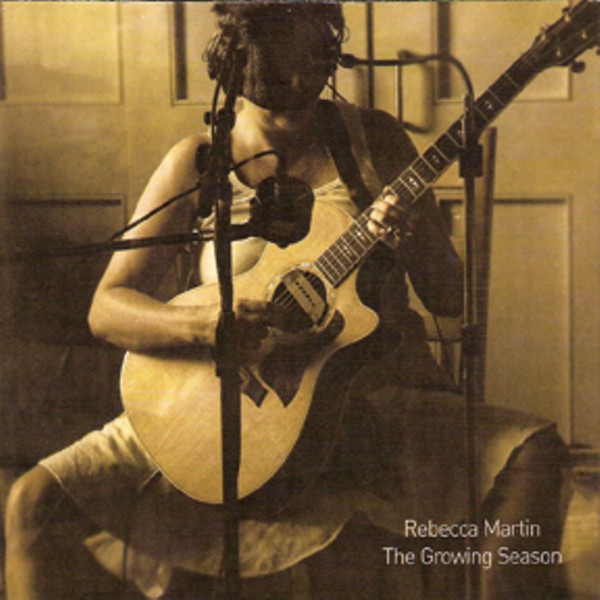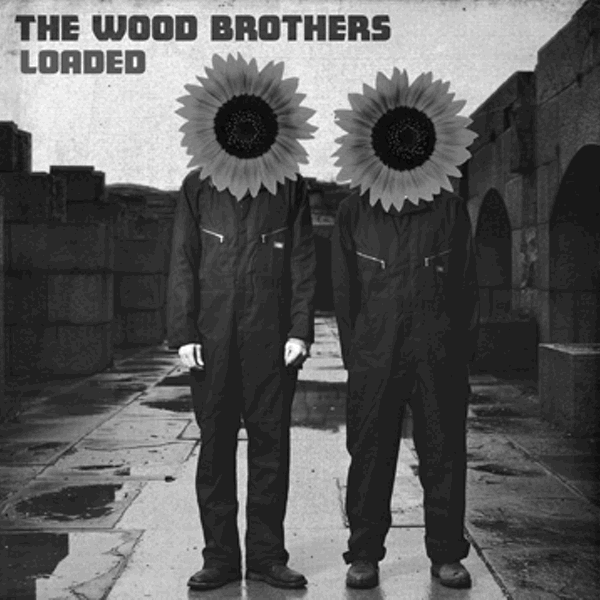And then, in short order, it seems her entire world is surrounded by menace. Salome becomes pregnant, the US is on the brink of attacking Iraq, and a gun-wielding poacher, apparently foreign, frequents their woods in defiance of posted signs. The tension increases when Salome discovers the mother she’d thought was murdered survived, and flees to Italy to find her, followed by Toby, then Brendan.
Chloe’s home alone with her fears when the poacher—their embodiment—knocks at the door. Will Chloe finally be able to see him as a person instead of an alien force of danger?
Millbrook resident Martin, whose Orange Prize-winning novel, Property, investigates the relationship between master and slave, knows the darker depths of the human heart. In Trespass, she uses a background of liberal, middle-class America to examine the line that divides real from theoretical danger.
It’s a keenly insightful, masterfully written book. Martin’s prose is incisive, and she subtly enhances the plot by layering in thematic elements and using contrasting characters. Chloe’s illustrating an edition of Wuthering Heights, the ultimate story of the passionate outsider, and Brendan, who has a savior-ish bent, is writing about the Crusades. Jelena, Salome’s mother, is a sturdy pragmatist who has survived unspeakable horror; Toby’s mother, Chloe, is strangled by anxiety, though she’s lived a thoroughly privileged life. The characters are hauntingly three-dimensional, and change as the story progresses, rattling the reader’s judgments in ways that feel true.
The book is paced like the beat of a panicked heart. Martin uses a present-tense narration with varying viewpoints, and seamed throughout is an unattributed first-person narrative. We find out eventually that this pitiless voice is Jelena’s, telling the story of her life and the savage war that destroyed it:
At first we lived in a small town, then we moved to an even smaller one so that we could be closer to his parents because his father was ill. I had three children in five years. In the city we never paid much attention to where people come from, what church they attended, what alphabet their newspaper came in, but in the small towns it was different. Still there were intermarriages, it’s an old story. Unlikes attract, is that what you say?
No. It’s opposites attract.
Yes. Like magnets.
Trespass employs a broad canvas, but it isn’t just a political story. Valerie
Martin peels back big issues to reveal the bigger ones beneath, like the difference between the frightening and the truly dangerous, the possibility that our worst enemy lies within, and the absurdity of professing a liberal mind without also having a liberal heart.

















